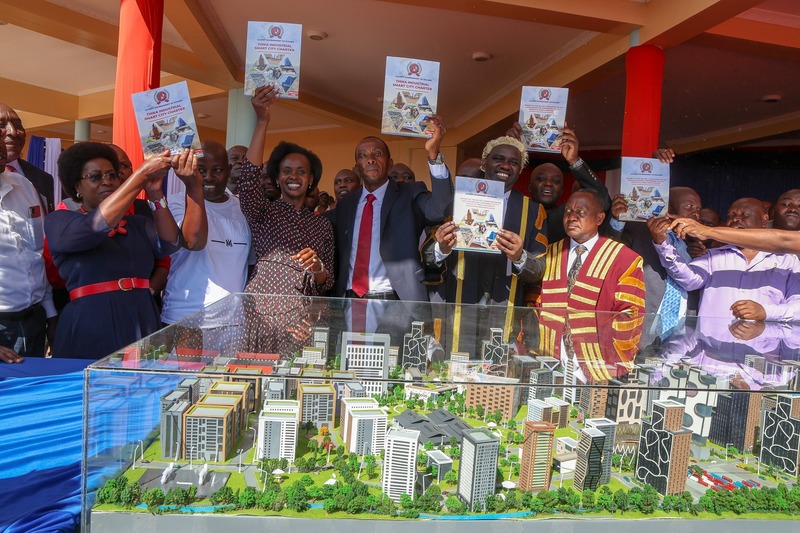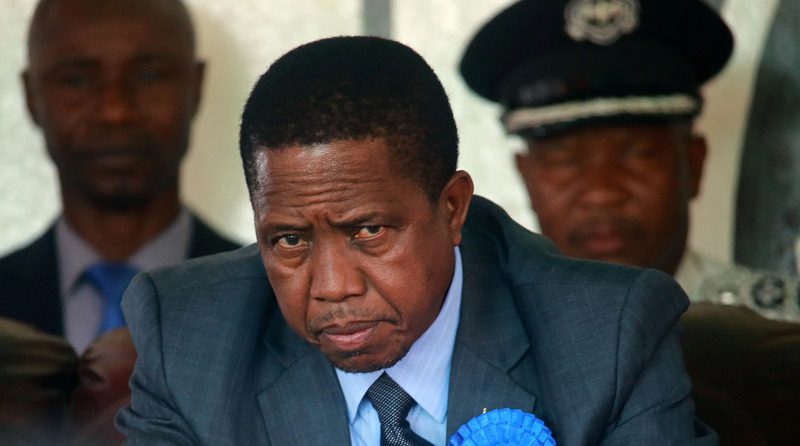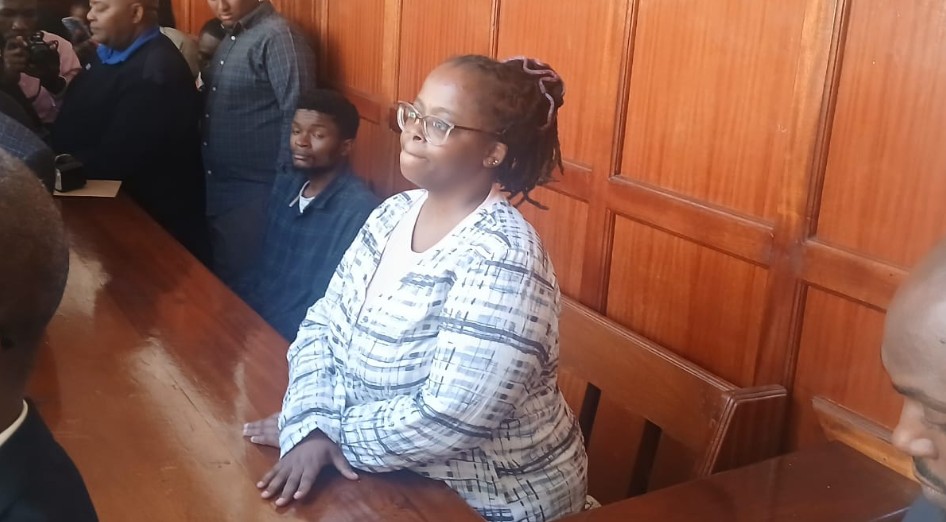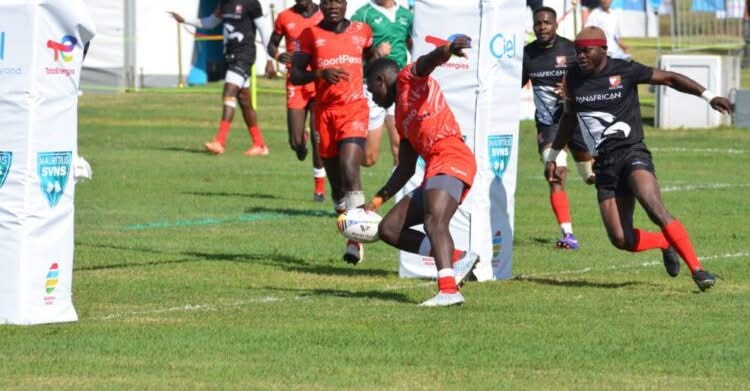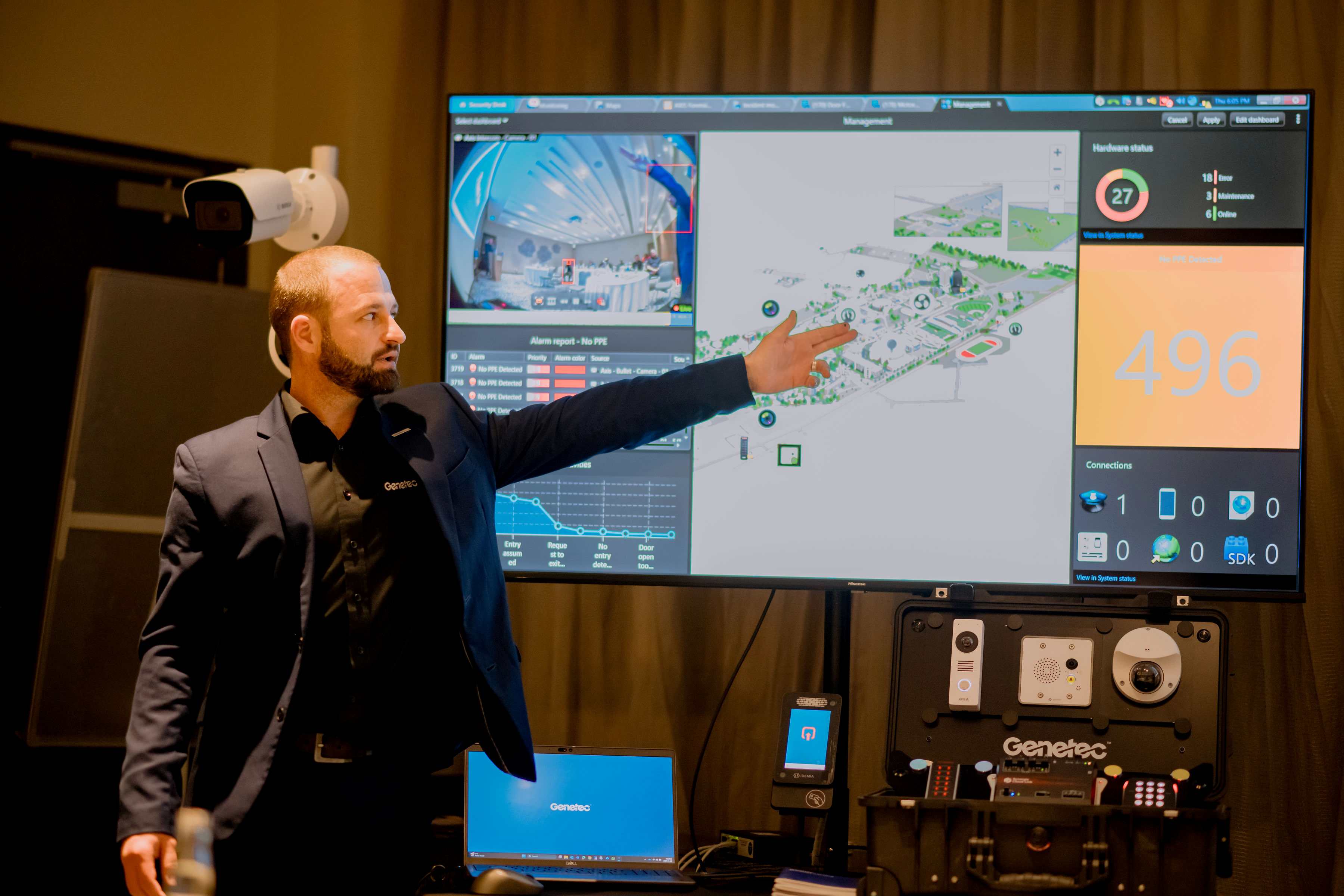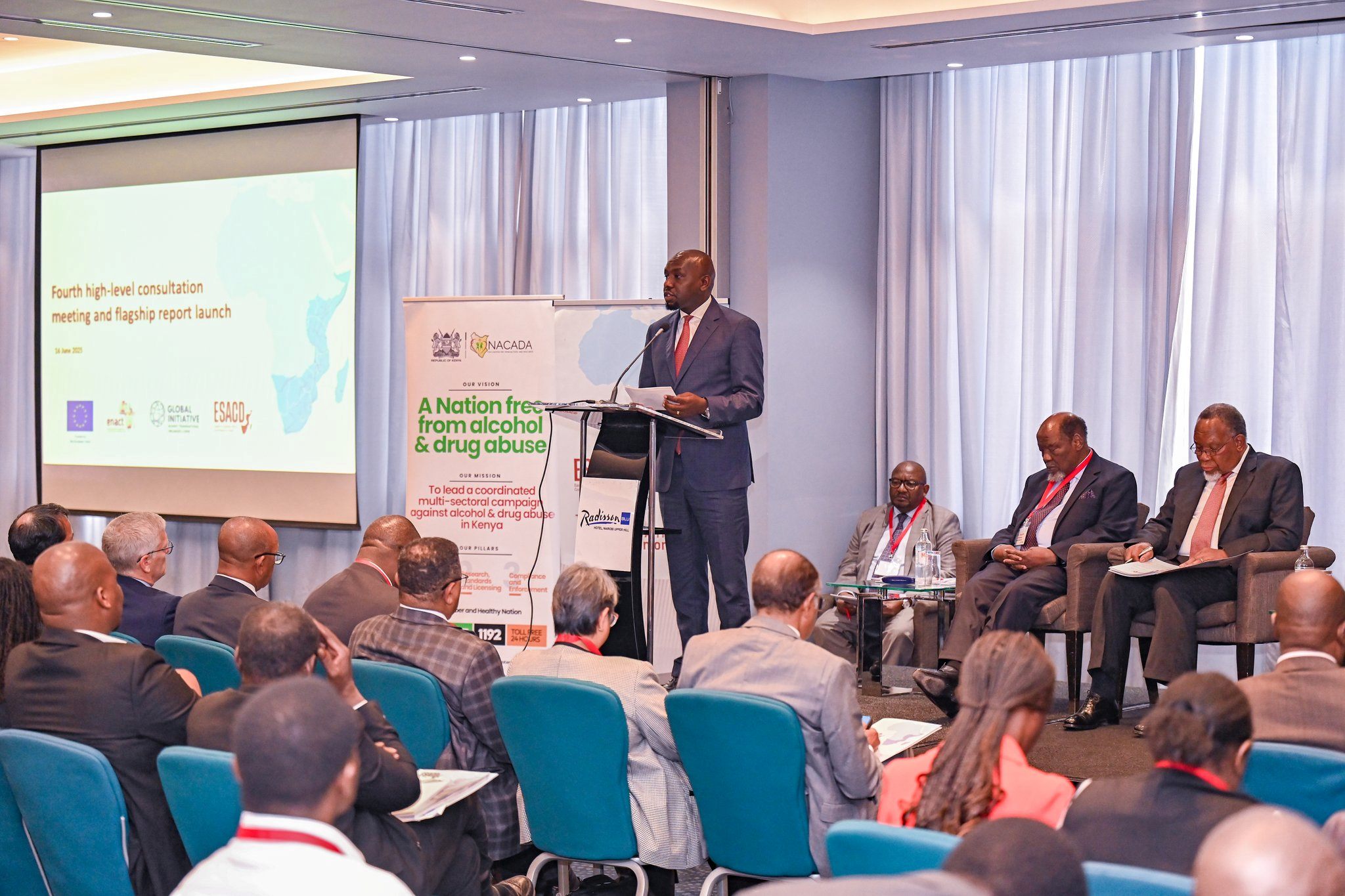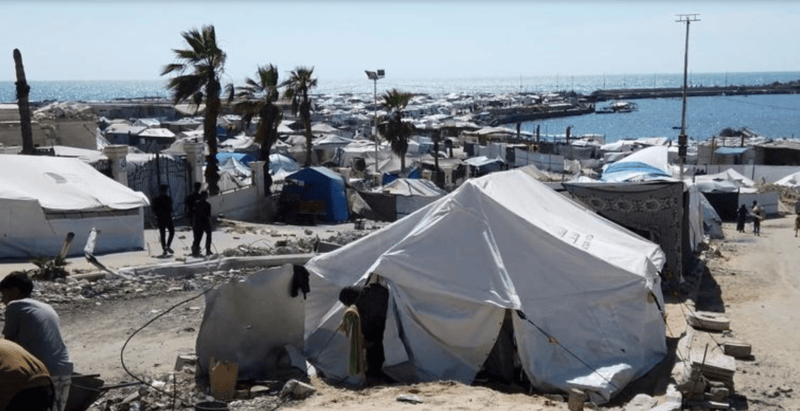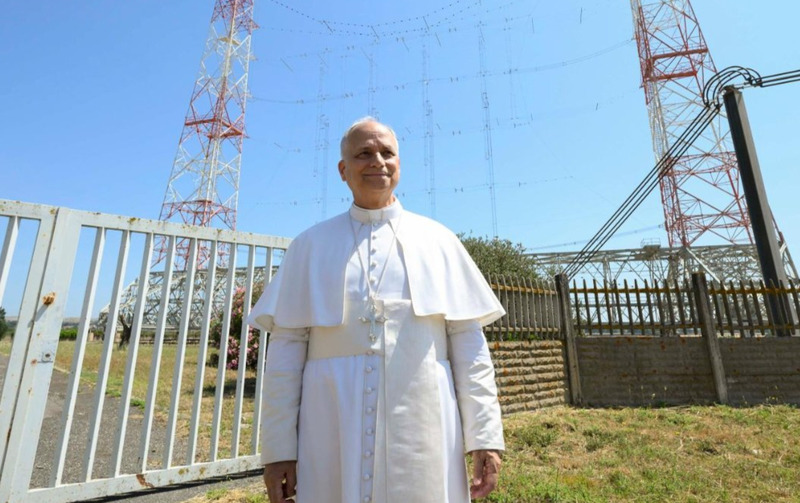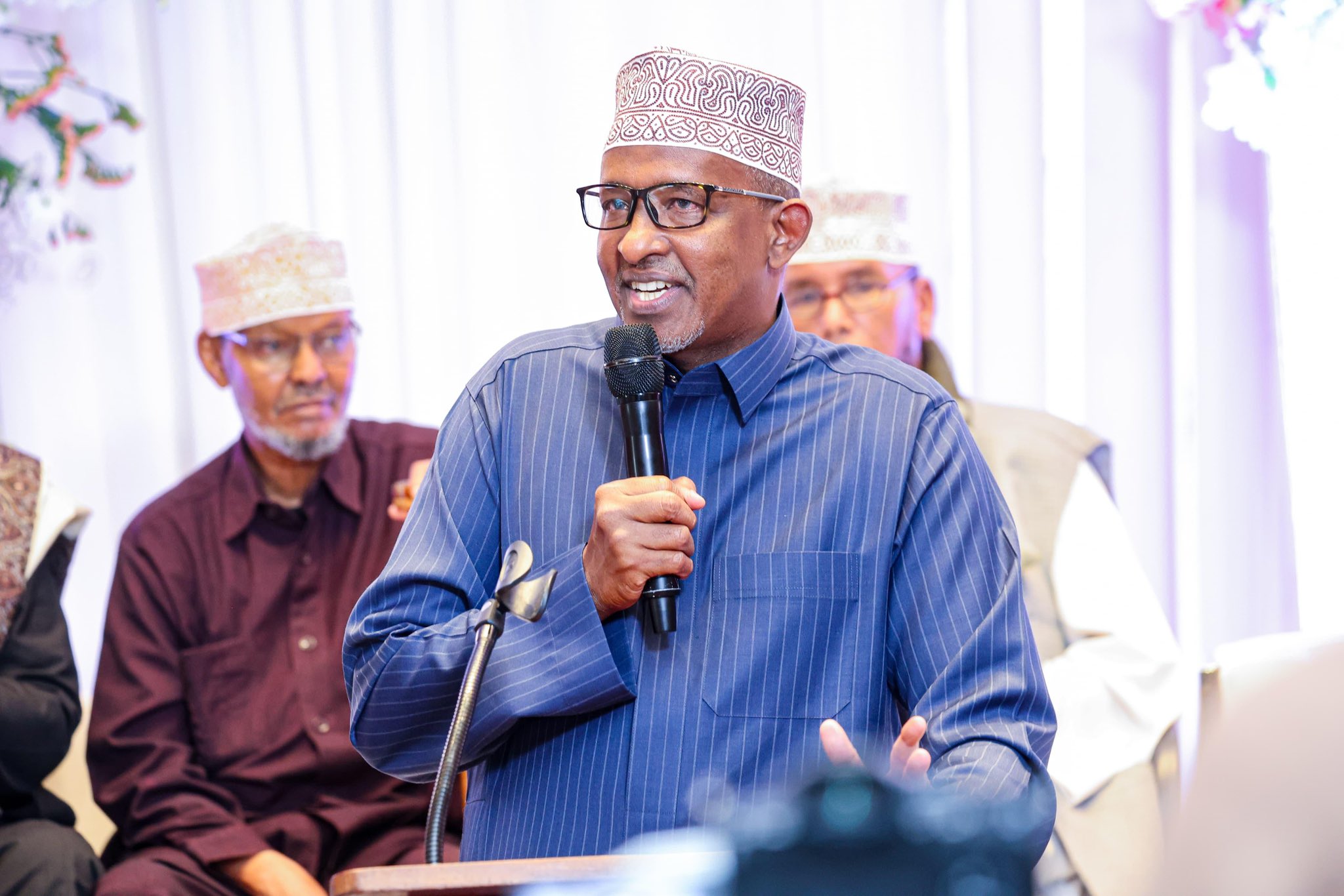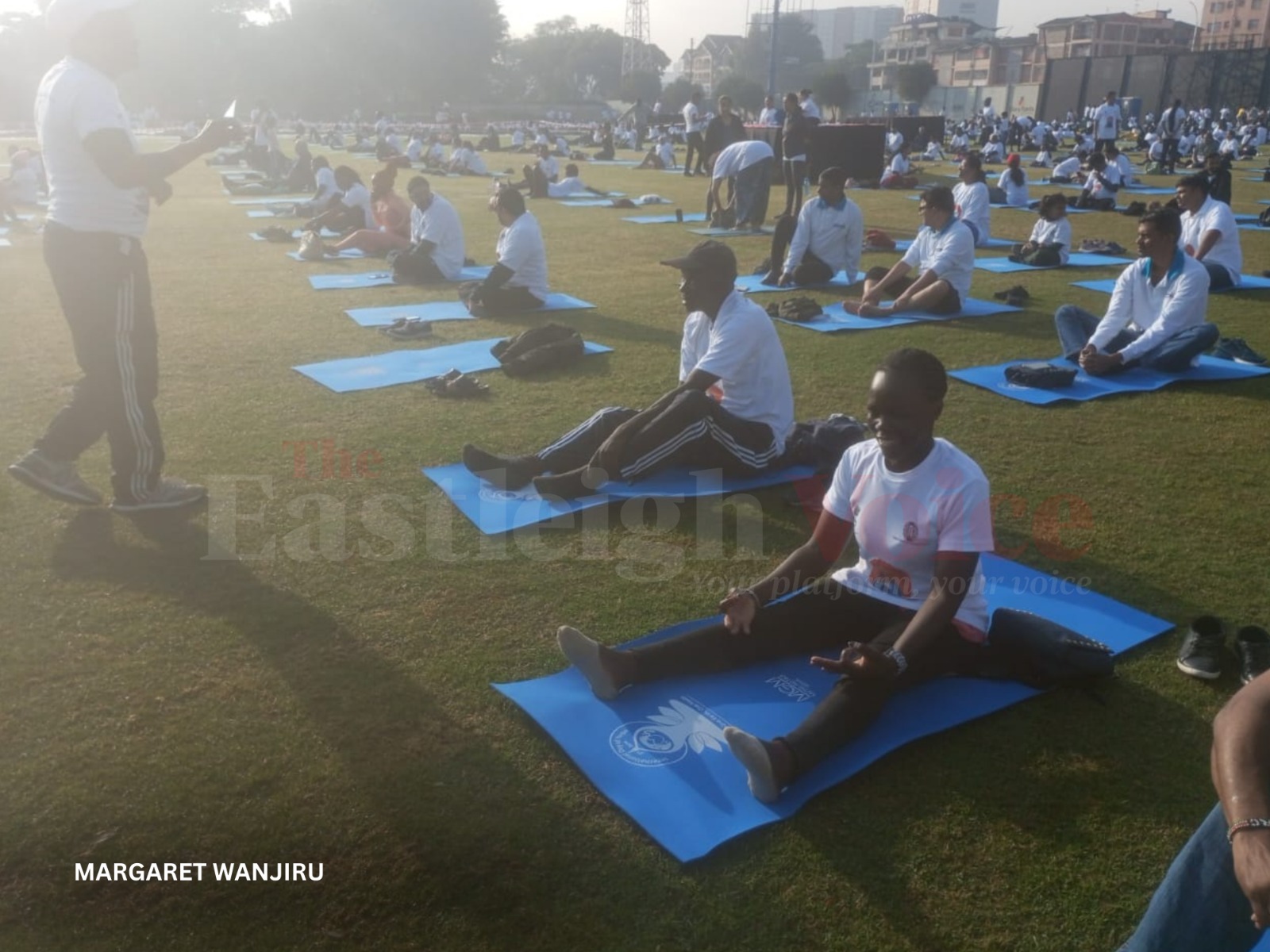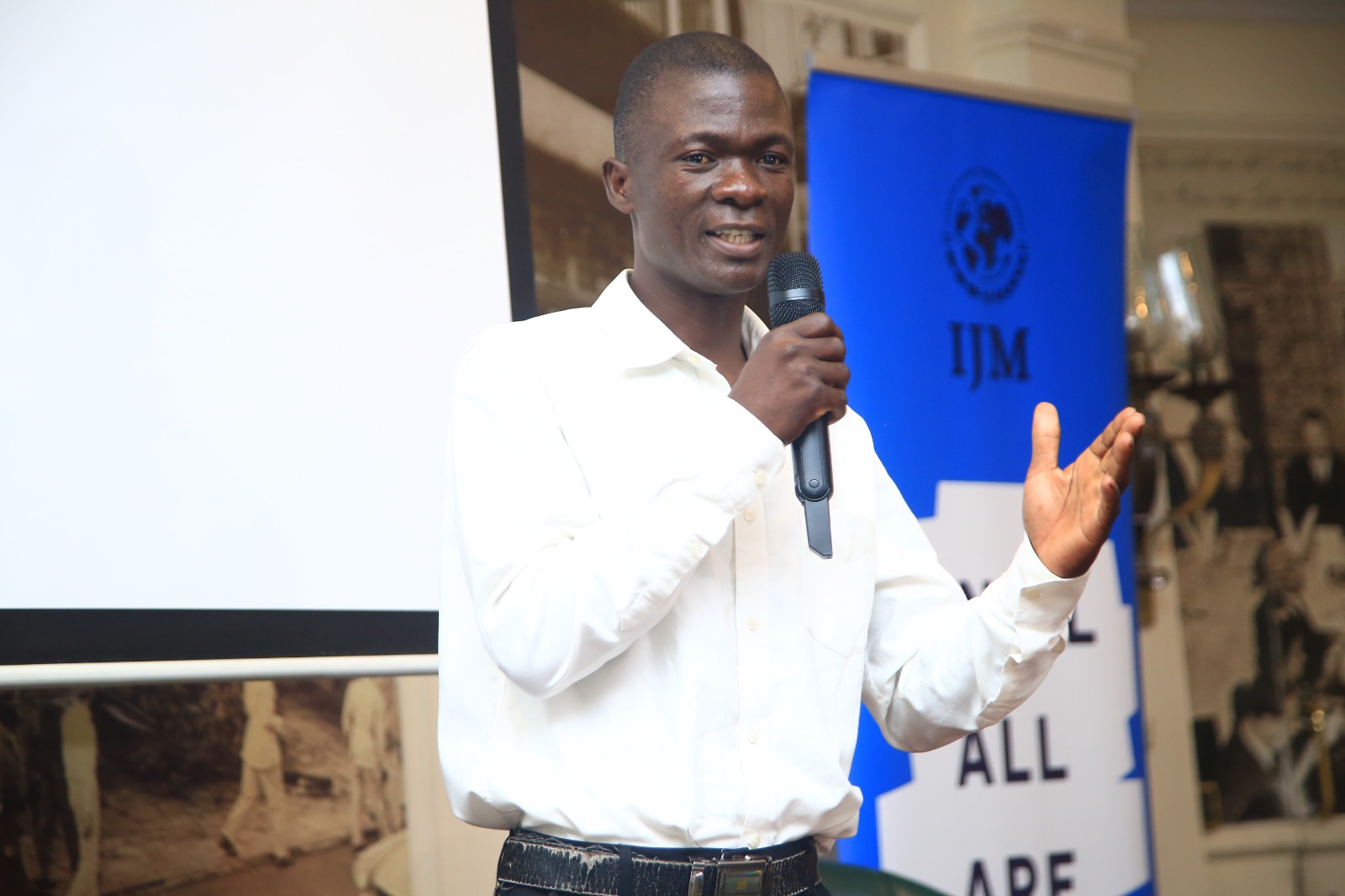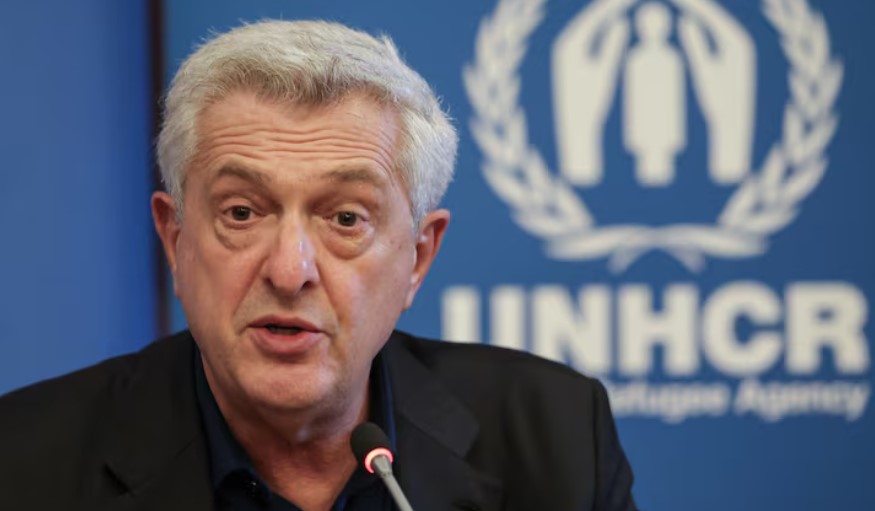Why Kenyan doctors can’t afford the very services they offer - KMPDU Deputy SG Miskellah
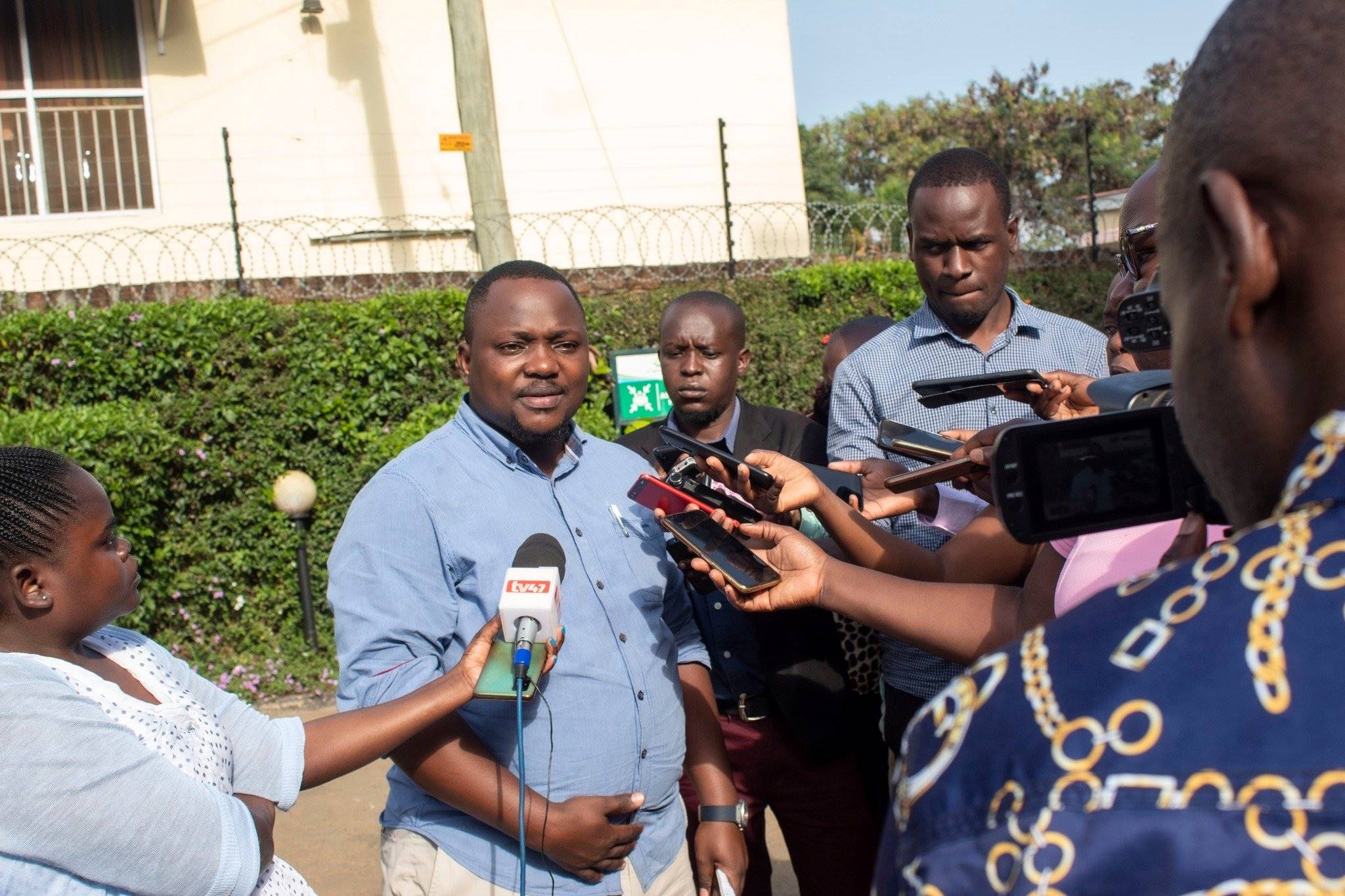
KMPDU Deputy Secretary General Dennis Miskellah speaks to The Eastleigh Voice on why medics are too poor to afford the very services they render.
What exactly is the problem with the Social Health Authority (SHA) system, and how does it impact healthcare providers and patients? Kenya Medical Practitioners Pharmacists and Dentists Union Deputy Secretary General Dennis Miskellah speaks to The Eastleigh Voice Reporter Barack Oduor on these and why medics are too poor to afford the very services they render.
Q: Is it true that Kenyan doctors cannot afford the very services they are offering?
More To Read
- KMPDC given seven-day deadline to release dentistry regulation documents
- Nairobi County doctors end month-long strike after securing key demands
- Mosquito nets scandal, doctors’ strikes haunt Nakhumicha in UN-Habitat job vetting
- Doctor who saved lives denied treatment at KNH, dies after delayed medical attention
- Strike looms at Moi Teaching and Referral Hospital as doctors issue notice over unresolved grievances
- Interior CS Murkomen to challenge court ruling holding police IG liable for junior officers’ actions
A: The biggest challenge we have found ourselves recently is that this country does not care about caregivers. The government does not seem to think about the plight of the healthcare workers.
Our members offer services that they can't afford themselves. We have our members working without medical cover, we have our members working without salaries, some are being underpaid, some are being employed on very pathetic contracts.
As a union, we say, how safe are patients? In another way, would you board a plane knowing that the pilot is suicidal or the pilot did not sleep or is not trained? That is the question each patient should ask themselves. If the answer is no, then the public must join us in asking that tough question about who cares for the caregiver.
Q: Several doctors have died because of the inability to access better healthcare following lack of healthcare insurance scheme or money to cater for hospital bills. How does this make you feel?
A: For sure, without numbers, the doctors have suffered when they fall sick and can't afford their own services. For instance, in Covid - 19 times, the late Dr. Mogusu, who had not gotten his salary for five months and was working in a Covid - 19 center somewhere in Machakos, contracted Covid-19. He couldn't afford even where he was working.
We have had a case recently of Dr. Chacha who fell ill, but since he was a registrar at Kenyatta National Teaching and Referral Hospital (KNH), he had not paid school fees, so he did not have an identification card and, therefore, they failed to recognise him. He could not even get admitted to KNH, where he worked. He had to look for a lower-level facility in Kitengela, and when he was finally brought to KNH, he was admitted to the Intensive Care Unit, where he later died.
Sadly, when he died, the mother had to raise funds to pay the hospital bill for the body to be released in a hospital where he worked without salary.
We have numerous cases where doctors have lost their lives because they cannot afford to pay for hospitalisation. How sad can that be? As a union, we are not going to sit back and watch our members pay for the sacrifices they are making for this country with their own lives.
Q: Your union has constantly said that there are problems with the Social Health Authority (SHA). What exactly are the problems?
A: As a union, we are not against SHA. What we are against is the obstinacy of the government or SHA team not to listen to any voice of reason and not to listen to stakeholders.
As KMPDU, we have always given our opinion, right from when they were contemplating coming up with SHA. We have a 25-page document where we flagged for them some of the challenges the new scheme contains.
We have worked in the kitchen, and when we tell you there is too much salt in the food, we know what we mean. When we tell you that it is wrong to tell poor people to pay upfront for one year to get services, we know what we are saying.
When Parliament refused to listen to us, we went to court. We won some court cases; one of the issues that we got victory over is where they were saying that if you don't register for SHA, then you can't get government services. We pay taxes in this country, and SHA is not a tax.
In my view, SHA is an idea that is very timely but wrongly executed. We told the government that for a country where 80 percent of its population are in informal settlement or Juakali, you cannot bring a contributory scheme. For how will you force them to pay?
Q: What is the difference between the Social Health Insurance Fund (SHIF) and the National Hospital Insurance Fund (NHIF)?
A: We showed the government that in Kenya, we have 20 percent of the population on salary, it is easy to subject them to contribute, however, there is the 80 percent in informal employment that you can't force to contribute.
What NHIF had been doing is this: there was a part that you contribute to the deductions, but it was open for everybody.
The only area NHIF was catering for was the inpatient admission. They said that SHA is going to have three funds: the primary healthcare fund (which was coming from the Exchequer budget to fund level two and three facilities in primary healthcare), that is from the taxes, then the second fund is the SHA fund; that only pays for surgeries and admissions.
The third fund is called the emergency, chronic and critical illness fund, which draws its funding from the Exchequer in the Treasury to take care of emergencies, chronic illnesses like cancer and ICU admissions.
The idea was that if you fall sick, but not very sick, then you can walk into any level two or three facility and get treatment for free. If they need you to be admitted, then they refer you to a level four of five facility, and you get admission as SHIF takes over. After SHIF takes over and you're diagnosed to be having cancer or maybe kidney failure and you need dialysis, then the third fund of the scheme takes over.
The problem is that there are not enough drugs or healthcare workers in level two or three facilities across the country. In this new scheme, it pays for two sessions of cancer treatment as opposed to the three that were being offered by NHIF.
Q: Was your union not invited in the deliberations and processes of coming up with SHA?
A: It is one thing to call me to hear my voice and proceed with your intentions or to have me and consider my views. When we went to Parliament, we gave our opinion about SHA.
Maybe they were using our presence there to validate their actions. Even the Council of Governors was never involved yet 95 percent of health is devolved.
Q: There are constant strikes in counties. How can matters affecting healthcare workers be streamlined across the counties in terms of finding their solutions?
A: The biggest mistake that was done was to have healthcare devolved. And the biggest injustice done to Kenyans is insisting in devolving healthcare a decade later with all the challenges that come with it.
We have had over 150 strikes across the counties since devolution started. This year, we have had up to 20 strikes in counties. The issues the healthcare workers are fighting for are not anything new. They are not asking for pay increases; they are asking for administrative issues like timely payment.
They want medical cover after deductions from their pay slips, they want timely promotions, opportunities to go back and further their education and such issues.
Q: Why is the government failing to honour agreements it makes with doctors?
A: We have had several agreements, but we live in a country of very dishonest people who say things they don't believe in, who say what they don't believe in, who don't keep their word, so many times we are left frustrated.
Right now, we are fighting about the internship issue. This was a matter that was captured in the Collective Bargaining Agreement (CBA) of 2017. Interns have been paid their rightful salaries for the last eight years, yet today, someone comes and tells them that they are earning too much and don't deserve it. They argue that the economy is doing so badly, and they can't afford it.
If the economy is doing badly, everyone should take a pay cut, but you can't reduce interns' money and then increase money for Members of Parliament.
Top Stories Today
